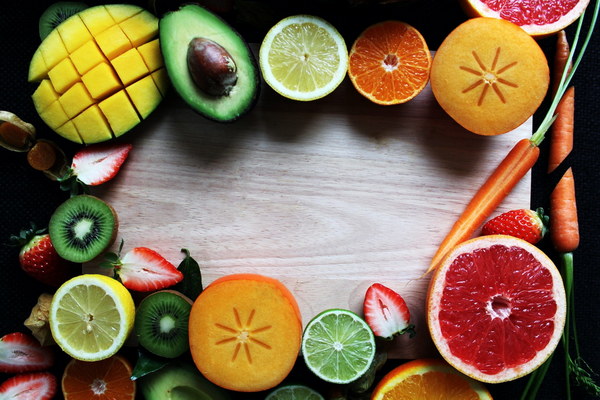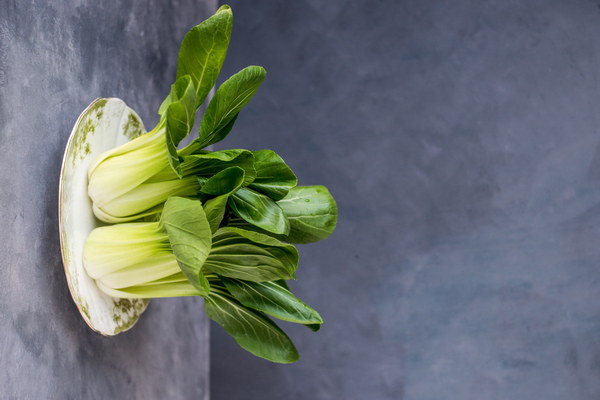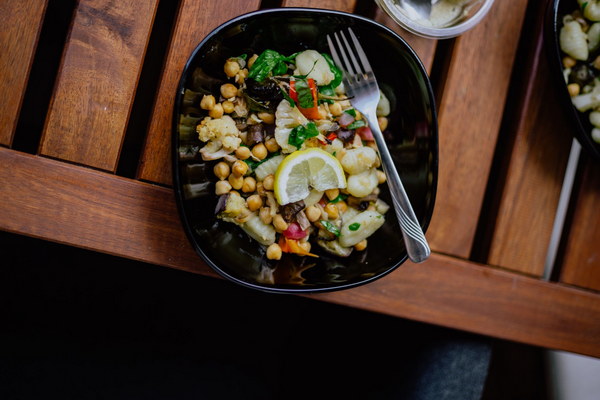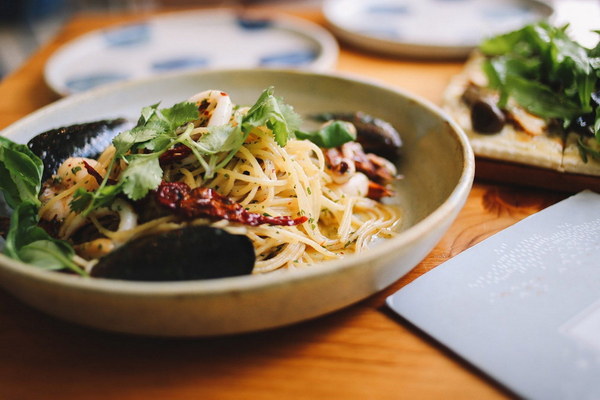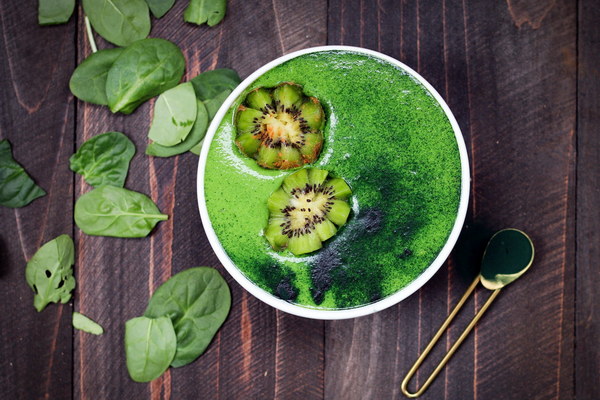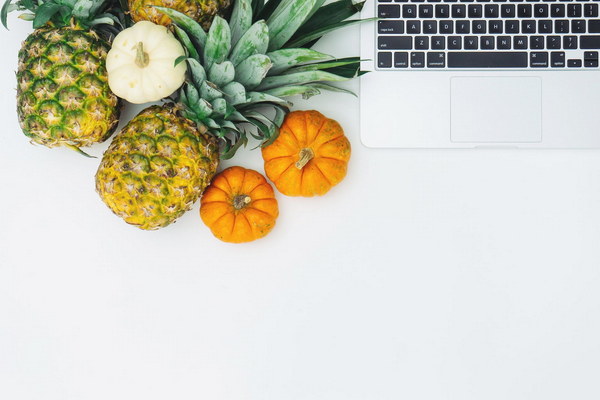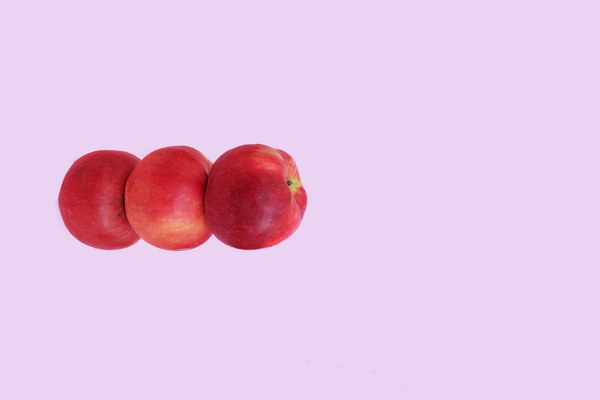Revitalize Your Health Discover the Power of Chinese Herbs for Boosting Qi and Blood
In the realm of traditional Chinese medicine (TCM), the concept of balancing Qi (vital energy) and blood is paramount for overall well-being. When the body's Qi and blood are in harmony, one experiences vitality, strength, and a sense of balance. However, when this equilibrium is disrupted, various health issues may arise. That's where the power of Chinese herbs comes into play. This article delves into the world of TCM and explores the benefits of popular herbs used to replenish Qi and blood, helping you revitalize your health.
1. Astragalus (Huang Qi)
Astragalus is one of the most renowned herbs in TCM for boosting the immune system and enhancing Qi. It is believed to strengthen the body's resistance to disease and improve overall vitality. This herb is often used in formulas for fatigue, weakness, and chronic infections.
2. Codonopsis (Dang Shen)
Codonopsis is another herb that is commonly used to replenish Qi and blood. It is known for its ability to nourish the spleen and stomach, which are vital organs for digestion and energy production. Codonopsis is often used to treat fatigue, weakness, and anemia.
3. Ginseng (Ren Shen)
Ginseng is a well-known herb in TCM that has been used for centuries to boost energy and vitality. It is believed to enhance the immune system, improve mental clarity, and reduce stress. There are several types of ginseng, including American, Asian, and Siberian, each with unique properties and benefits.
4. Dong Quai (Angelica sinensis)

Dong Quai is a traditional Chinese herb known for its ability to nourish blood and regulate menstrual cycles. It is often used to treat symptoms of menopause, premenstrual syndrome (PMS), and menstrual irregularities. Additionally, Dong Quai is believed to improve circulation and alleviate fatigue.
5. Chuan Xiong (Ligusticum chuanxiong)
Chuan Xiong is a herb that is commonly used to invigorate blood circulation and alleviate pain. It is often used in formulas for menstrual cramps, headaches, and stroke. Chuan Xiong's ability to invigorate blood is also beneficial for those with blood stasis, a condition characterized by stagnant blood flow.
6. Rehmannia (Shu Di Huang)
Rehmannia is a well-known herb used to nourish blood and yin (body fluid) in TCM. It is often used to treat weakness, anemia, and hot flashes. Rehmannia is also believed to improve kidney function and support reproductive health.
7. Salvia (Danshen)
Salvia is a herb that is commonly used to invigorate blood and improve circulation. It is often used in formulas for cardiovascular conditions, such as hypertension, angina, and stroke. Salvia's ability to break up blood stasis makes it beneficial for those with blood clots or other circulation issues.
Incorporating these herbs into your daily routine can help revitalize your health and restore balance to your Qi and blood. However, it is important to consult with a qualified TCM practitioner before starting any new treatment, as individual health conditions and needs may vary.
In conclusion, the use of Chinese herbs for boosting Qi and blood is a time-honored tradition in TCM. These herbs offer a natural and holistic approach to improving health, vitality, and overall well-being. By exploring the benefits of these powerful herbs, you can take steps toward a healthier, more balanced life.

